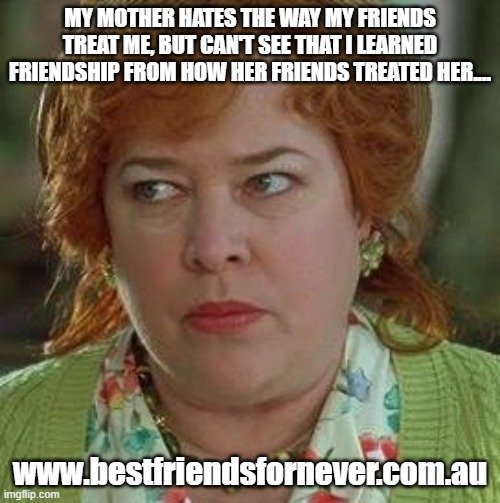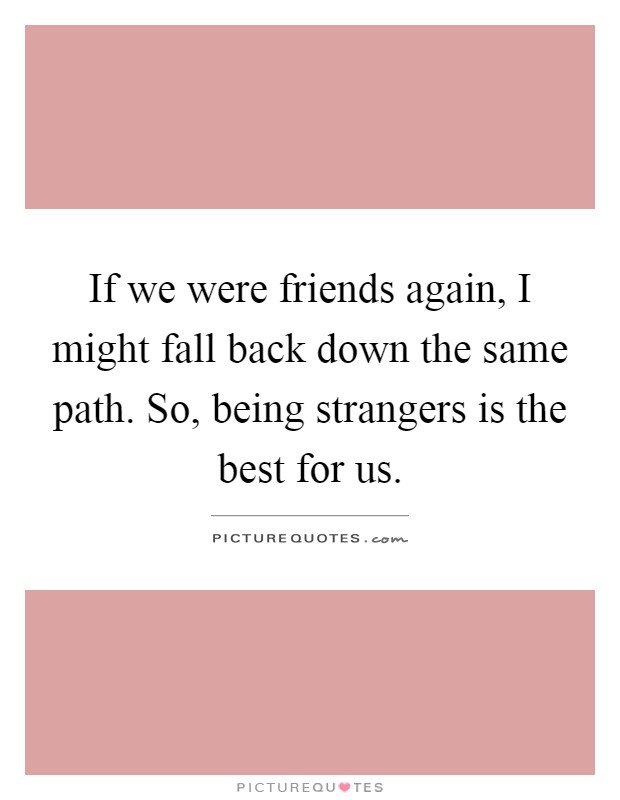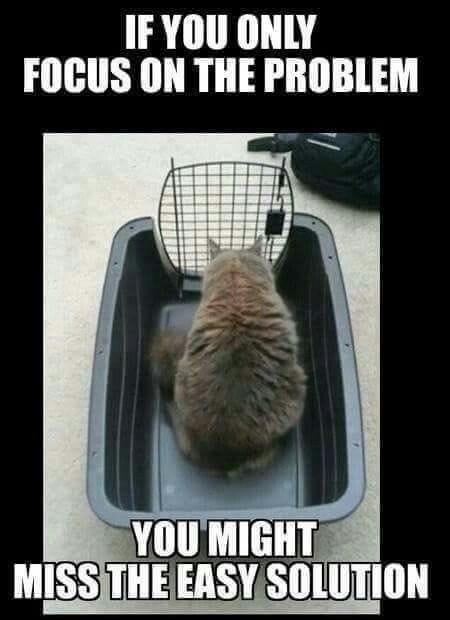Hey there readers, I know I have posted about money and mates mixing like oil and water before, but in those posts I tended to focus more on loaning money to friends. In this post I would like to discuss paying friends for services, or working for friends, for money. Stupidly, it never occurred to me that this was still mixing business with pleasure, or, as some may describe it, sh#tting where you eat!
What happens for example if you buy an old gaming console from a friend, and then find a month later it stops working? It seemed like a good deal, but now you might feel scammed? Or what about when you hire a friend to do some garden work, and aren’t happy with the work? Alternatively, a friend may have hired you and now you feel uncomfortable with the power imbalance?
Money can just make things complicated. I once bought tickets for a comedy show, and then my husband also bought tickets for us for the same show. They weren’t refundable at the time of purchase, so I handed one set of them on to a friend to use. The show was cancelled due to covid, and the tickets were refunded. Should I have given my friend the money? Should I have bought her new tickets when the show was eventually rescheduled? I didn’t, and I think she was ok with it, but I still didn’t like the way that felt icky.
Over the years I have paid a friend of mine to tutor my children. This person is a smart, qualified professional, experienced in tutoring and teaching children, knows my children well and has much much more patience for working with them than I do. But that hasn’t always made this shift in our friendship easy.
There have been awkward conversations when the children still don’t seem to picking something up, and stressful moments when even she is losing patience with them and I intervene. There have been times when I have felt like my friend sees this employment as “time together” and I have had to point out that in no way do I pay her to be my friend, and I still want, need and expect time spent when she is not there under contract. There have been times when we have had harsh words privately about personal matters, and then she is obligated to be there at my house working with my kids and putting our differences aside for a few hours.
It’s not all bad. For example, that last part, sometimes forces us to get over petty disagreements and just remember to get along. And there is implied flexibility, if my kids have an appointment on the usual tutoring day, I feel comfortable asking her to come at a different time or date, and it is her that generally sets the schedule to come on the days and times most suitable for her. But this is a double edged sword. Here’s why.
My kids had end of term assessments coming up. Parents of high school children will be aware of how all the subjects do tests, assignments and exams at the end of the ten week block of education, meaning the kids are inundated with 4-7 classes in which to be assessed all at once. The only saving grace, is that typically you might have one a day for that last week or 2 of school before the holidays. The last 2 weeks of term were no different than usual for us, but my friend was jet setting overseas on the final week, so we kind of had to cram that preparation in a little bit early. No biggie.
Except, and I do understand, travelling is stressful, and preparing for that is also busy, time consuming work. My friend had many loose ends to tie up before she went away, pets to organise and work of her own day job to complete. So she had worked with my kids on some of the subjects in week 8 of term, and said we would do the remaining subjects the following week. Which was no problem, as she typically works with the kids early in the week, they would still be prepared for any upcoming assessments, so I wasn’t worried. In week 9 we got the expected timetable of assessments which I shared with my friend, to make sure she was aware of what needed to be covered. So I was a bit annoyed when she later asked if she could come later in the week, past the assessment dates. I told her that unfortunately, as per the schedule I sent, she would need to work with them before that at the scheduled time.
This encounter was horrible for us both. I don’t think of myself as her boss, or employer, and I don’t like enforcing boundaries on the basis of payment, so it wasn’t comfortable for me to assert that I pay her to work with them and I expected her to be there. (My language to her was much softer than this, I assure you.) And you could feel the tension in the air after she left that afternoon too, as she did not appreciate the power shift in our dynamic and feeling like I was basically in control of her actions.
There was no big important reason she couldn’t come on the scheduled day, it was just going to be more convenient for her to do it on a different day when she was going to be travelling our way anyway. So it shouldn’t have upset her too much that I needed her on this occasion to come on the scheduled day, but I could feel that it did upset her. She could probably also feel that I was annoyed by the request, when I had sent her the schedule and she could see that it was going to be important to study before the exams, not after.
Of course, she had bigger things on her mind, but my children are the biggest thing on mine and that is why I invest in her services to begin with!
I don’t regret hiring my friend, she is worth her weight in gold and has helped my struggling child improve his results and open up opportunities he might not have had otherwise. But it does raise issues of power struggles, and sometimes feeling used, abused, and uncared for, misunderstood or unreciprocated.
I used to pay my mate less than other people, for example, a mates rates situation. But, eventually, she had taken on more financial debt, and she had to awkwardly sit me down and ask me to pay full price. I know that was not easy on her, and I had never meant to make her feel disrespected or taken advantage of by paying her less. So I agreed to pay her what she charges, as she is worth it, and I appreciate the work she does for us. But that doesn’t mean I didn’t feel annoyed and had to go home and figure out how I would pay the difference.
Similarly, while she is away, I board her cat. I do not charge her a fee for this. He is a sweet animal and no real trouble, and my own cat seems to enjoy the company and someone to wrestle with. She provides some food, but generally her cat prefers to eat whatever my own cat is eating, and I use my own litter for his tray. To be clear, my friend did ask me if I would like to be paid for this, and I told her I would not accept any money. It doesn’t feel right to me to be paid for a gesture of friendship and goodwill. However, there have been plenty of times when I have helped her professionally and we have both jokingly referred to me as her assistant…. And she has never once offered, nor have I asked, to be paid for those services. That isn’t a problem, but it is an area that could cause resentments easily.
So unless you are really comfortable with your friend, really comfortable having difficult conversations, trust that butting heads with them from time to time wont cause major conflict and impact your personal relationship, I would tend to advise not to employ your friends, nor to work for them! Really think about it! If you still rush into it like I did…. To quote Taylor Swift…. Don’t say I didn’t warn ya!
❤ Love,
Your Best Friend ForNever
xx


















































































